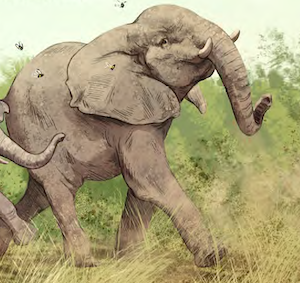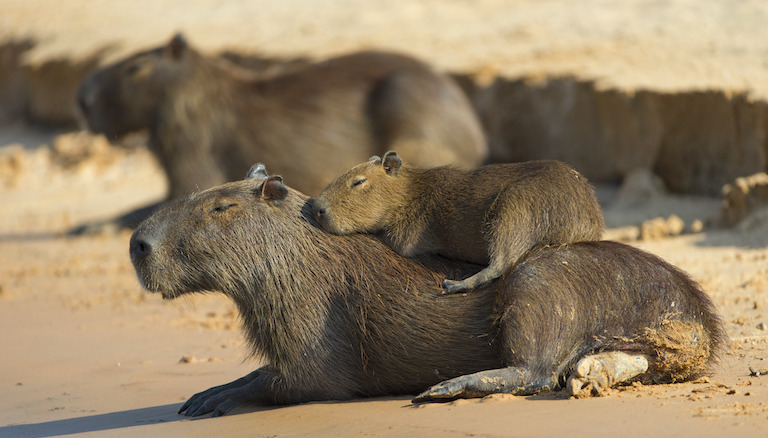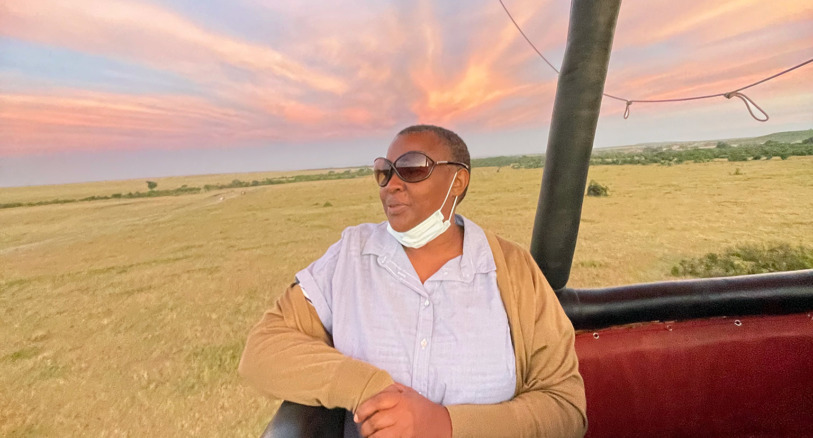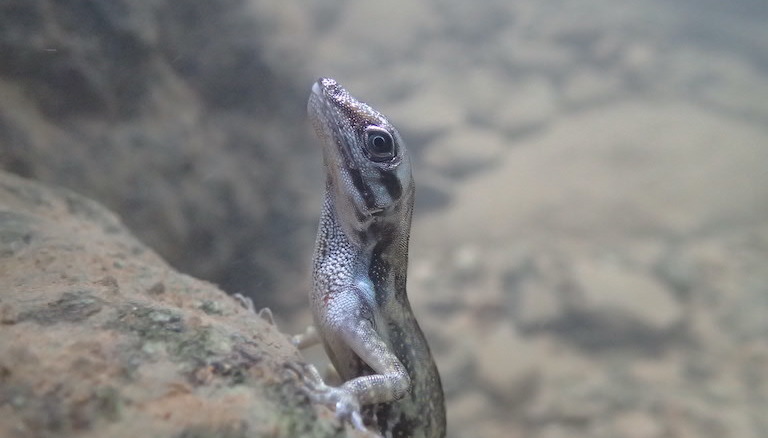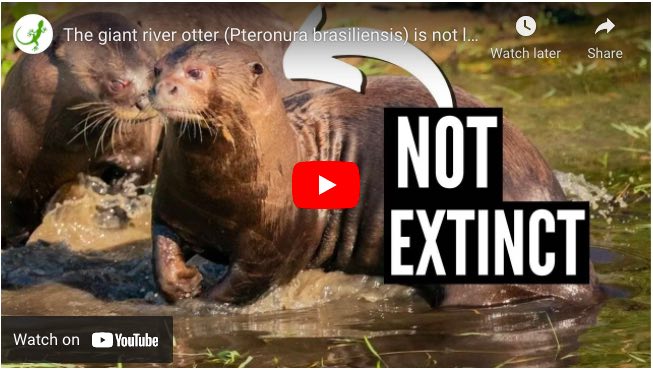Scientists are discovering that animals besides humans use plants to treat wounds and illnesses. It has also been found that some of the plants animals consume to treat themselves are the same ones used by humans!
People and gorillas share medicinal plants in Gabon
The Indigenous Vungu people live along the border of Gabon’s Moukalaba-Doudou National Park. They have lived in this part of Africa for thousands of years, and the forest here has long been a source of traditional medicines. Traditional Vungu healers and herbalists have built up a detailed knowledge of which plants are useful for healing.
Gorillas living in the same forests as the Vungu people also eat plants that might help treat their wounds or other health conditions. For example, gorillas host pathogens (germs that cause illness), including forms of E. coli bacteria resistant to multiple drugs used by humans. Somehow these pathogens do not make the gorillas sick. Researchers think that eating of bark and other plant parts with bioactive (disease-resistant) ingredients might protect the gorillas.
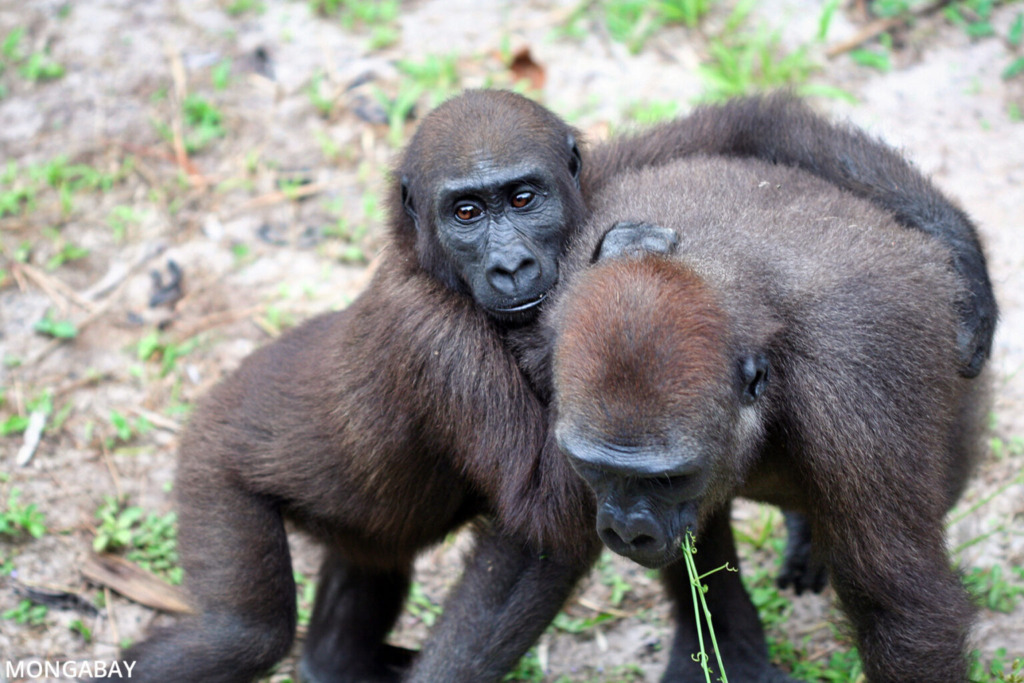
To learn more about potential new medicines, a team of researchers set out to find out which plants both traditional Vungu healers and gorillas use. They interviewed Indigenous Vungu healers and herbalists and followed gorillas in the park to observe which plants the apes used too.
In a lab the researchers tested bark extracts from four types of plants used by both people and gorillas. They found that these plants had antioxidant and antimicrobial properties, which might help fight off pathogens. The researchers also found organic compounds known to be active against malaria, diarrhea, inflammations, and spasms. The Vungu healers and the gorillas both discovered plants that act as natural medicines, and now researchers better understand why.
Vungu people told researchers they were not surprised by gorillas’ self-medicating behavior, which they often observe.

Denis Ndeloh Etiendem is a scientist who has separately studied traditional ecological knowledge and the conservation of gorillas in Cameroon. Denis says traditional knowledge shows the connection between humans and gorillas and highlights the importance of preserving gorillas and forest habitats.
“By protecting the forest ecosystems where these medicinal plants grow, we safeguard a living pharmacy that benefits both gorillas and humans,” says Denis.
David Brown adapted this story for Mongabay Kids. It is based on an article by Charles Mpaka, published on Mongabay News:

